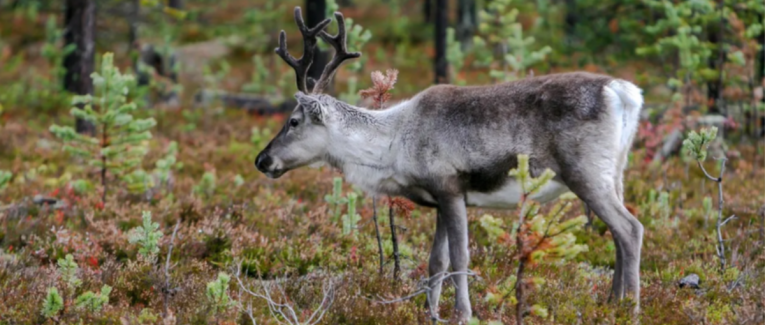
Le rennes arctique : Maître de la lumière au pays du soleil de minuit
 6 min
6 min
Le rennes arctique : Maître de la lumière au pays du soleil de minuit
Avez-vous souvent des difficultés à vous endormir ? Et si je vous disais qu'il existe un moyen de vous endormir plus facilement, quel que soit votre cycle de sommeil habituel ? Et si je vous disais qu'il existe des créatures capables de s'endormir si facilement, sans suivre aucun cycle de sommeil ? Imaginez que vous puissiez simplement éteindre les lumières et sombrer dans un sommeil paisible sans le moindre problème.
Les rennes arctiques vivent dans une région où le cycle normal du jour et de la nuit n'est pas très pertinent. Il leur est donc difficile de maintenir leurs rythmes biologiques. Contrairement à la plupart des créatures, ces animaux n'ont pas d'horloge interne traditionnelle qui régule les rythmes biologiques quotidiens et les niveaux d'hormones. En conséquence, l'évolution a fait que l'horloge cellulaire des rennes s'est déconnectée. Cette adaptation unique leur permet de mieux faire face aux conditions difficiles de l'Arctique.
Pas de cycles de 24 heures?
Le cycle jour-nuit est un aspect fondamental de la vie de nombreux animaux, y compris l'homme, car il joue un rôle crucial dans la régulation des rythmes biologiques quotidiens. Ces rythmes sont contrôlés par une horloge interne présente dans les organismes qui gère le cycle de 24 heures des niveaux d'hormones, même en l'absence d'un cycle jour-nuit.
Cependant, dans les régions les plus septentrionales de l'Arctique, la présence du soleil défie les cycles jour-nuit conventionnels, ce qui complique le maintien des rythmes biologiques quotidiens des organismes. Dans ces régions, le soleil reste au-dessus de l'horizon pendant 24 heures en été et en dessous pendant la même période en hiver. Ce phénomène perturbe considérablement l'horloge interne des organismes, entraînant des troubles du sommeil, une baisse des performances et d'autres problèmes de santé.
L'adaptation des organismes à ces conditions extrêmes est un sujet de recherche permanent, car la compréhension des mécanismes biologiques qui sous-tendent ces adaptations pourrait avoir des implications importantes pour la santé humaine.
L'adaptation du renne arctique
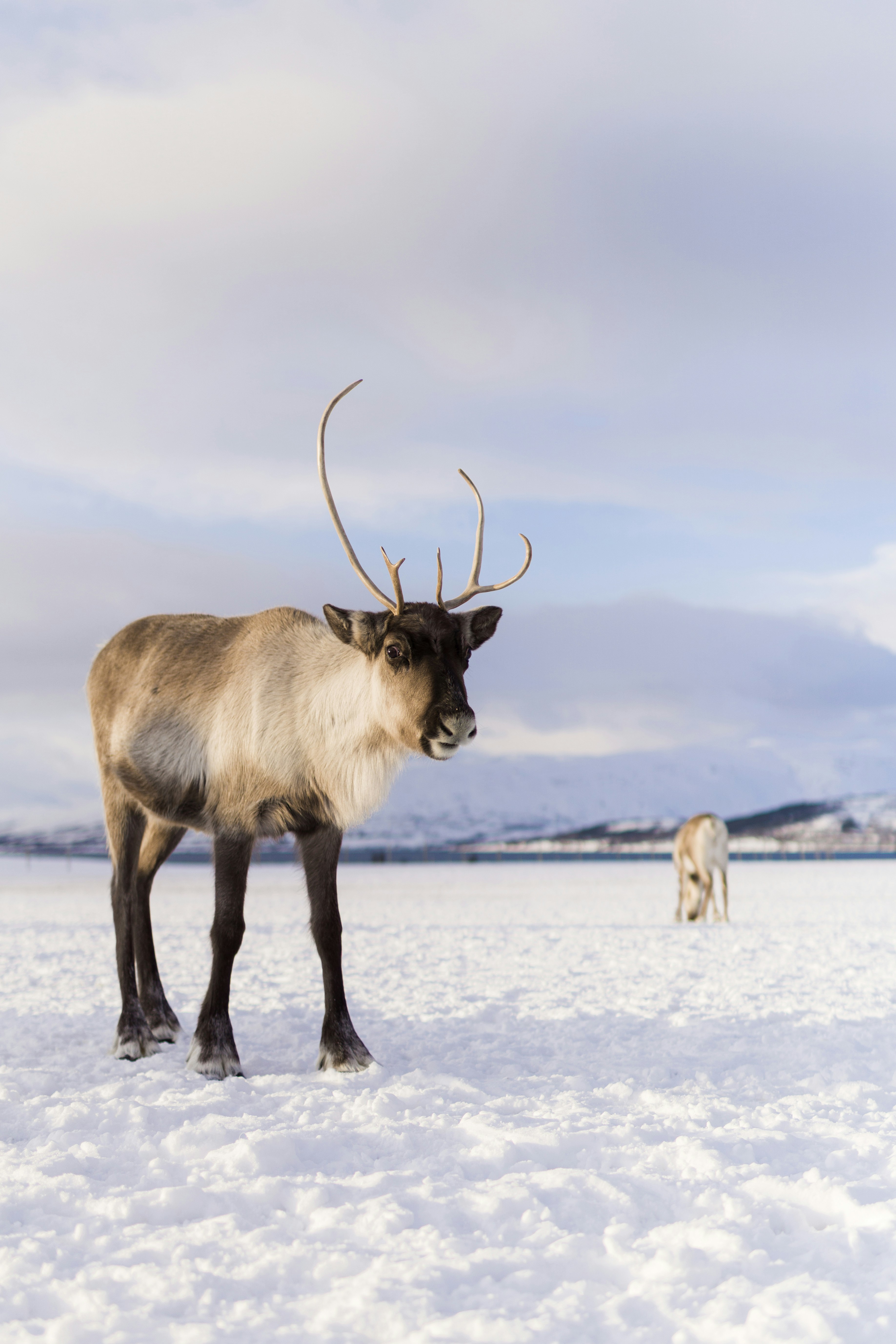
La région arctique abrite une créature unique et fascinante : le renne.
Ces animaux ont développé une adaptation extraordinaire qui leur permet de prospérer dans leur environnement rude et extrême. Contrairement à d'autres animaux, les niveaux d'hormones des rennes ne sont pas régulés par une horloge interne traditionnelle, mais plutôt par la présence de lumière et d'obscurité.
Pendant les longues heures de lumière de l'été arctique, les niveaux de mélatonine chez les rennes sont faibles et presque indétectables. En revanche, dès que la nuit tombe, les niveaux de mélatonine commencent à augmenter presque immédiatement. Cela signifie que les rennes sont très sensibles aux changements de lumière et d'obscurité dans leur environnement et que leur corps s'adapte rapidement à ces changements.
Cette adaptation leur permet de rester actifs pendant les longues périodes d'obscurité de l'hiver arctique, lorsque le soleil peut rester sous l'horizon pendant des semaines. La capacité des rennes à réagir directement aux changements de lumière et d'obscurité est une adaptation remarquable et essentielle qui les a aidés à survivre et à prospérer dans les conditions extrêmes de l'Arctique.
La vie dans l'Arctique
Des chercheurs ont mené des études approfondies sur l'horloge biologique des rennes et ont fait des découvertes intéressantes sur le comportement de leurs cycles temporels par rapport à d'autres organismes.
Les deux gènes connus de l'horloge biologique du renne présentent des différences significatives dans leur comportement, qui pourraient avoir évolué en raison de l'environnement extrême de la région arctique où ils vivent. Cette adaptation n'est pas limitée aux seuls rennes, puisqu'elle peut également être observée chez d'autres animaux de l'Arctique.
Ces résultats mettent en évidence la façon complexe dont la nature s'adapte aux environnements extrêmes, permettant à ces animaux de prospérer et de survivre dans des conditions aussi difficiles. L'horloge biologique de ces animaux arctiques joue un rôle crucial dans leur survie, en régulant leurs cycles veille-sommeil, leur métabolisme et d'autres fonctions corporelles. Les études indiquent que l'horloge biologique des animaux de l'Arctique pourrait avoir évolué pour s'adapter aux longues périodes de lumière du jour et d'obscurité qui se produisent dans ces environnements extrêmes.
Les chercheurs prévoient de mener d'autres études pour mieux comprendre les mécanismes qui sous-tendent l'adaptation de l'horloge biologique de ces animaux, ce qui pourrait avoir des conséquences importantes pour la santé humaine également.
La capacité du renne arctique à s'adapter à l'absence d'une horloge interne traditionnelle qui régule les rythmes biologiques quotidiens témoigne de l'ingéniosité avec laquelle la nature s'adapte aux environnements extrêmes. Les subtilités de leurs rythmes biologiques dans la danse perpétuelle de la lumière et de l'obscurité sont fascinantes et méritent d'être explorées plus avant.









 English
English
 Français
Français
 Deutsch
Deutsch
 Italiano
Italiano
 Español
Español



 Contribute
Contribute


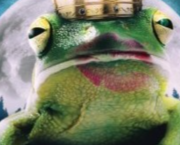

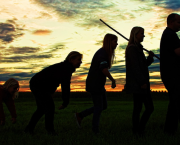
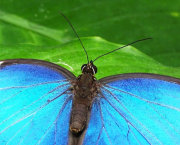
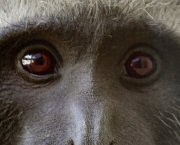

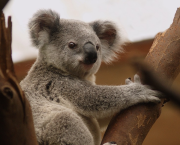



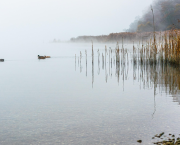
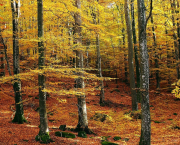

 You can support your favorite writers
You can support your favorite writers





